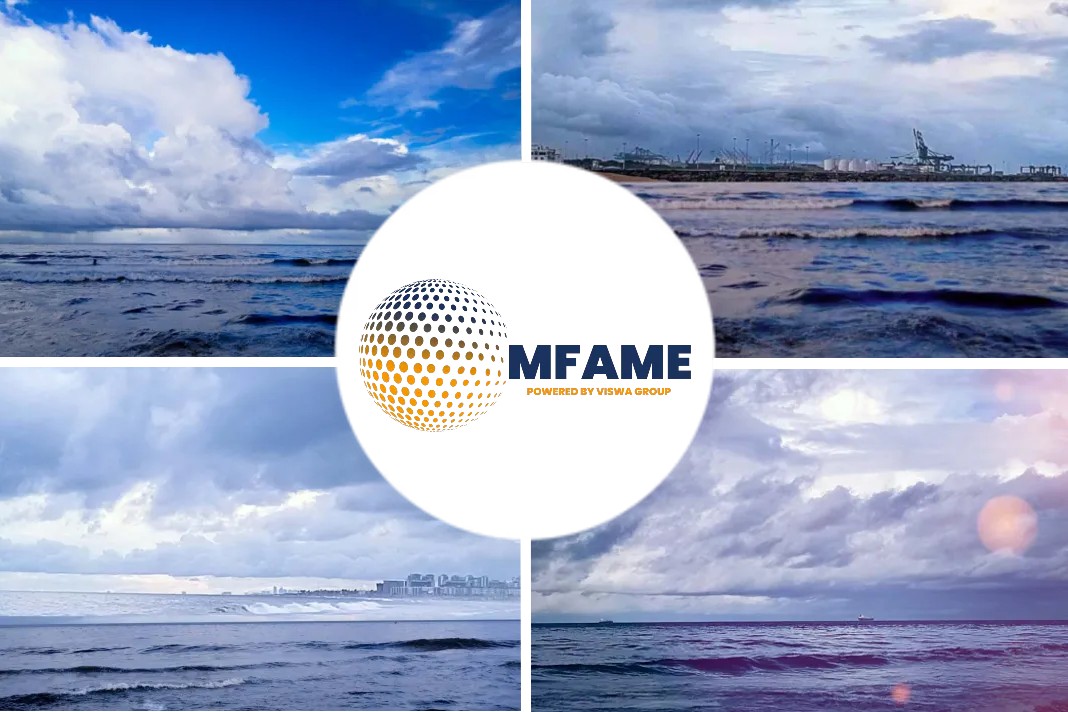
At the 106th session of the IMO’s Maritime Safety Committee, which took place from November 2 to 11, IBIA expressed support for licencing bunker providers but caution regarding how to interpret “off-specs.”
Endangering ship safety
Two papers on fuels that can endanger ship safety were brought to the meeting. The authors of the materials claimed that the Correspondence Group on the Development of Additional Measures to Enhance Ship Safety with Regard to the Use of Fuel Oil would find these documents relevant (CG). At MSC 105, this CG, which operates in between MCS sessions, was reinstated. With assistance from the IBIA Technical Working Group, IBIA participates in the CG. (More info on this link)
One of the papers, MSC 106/18/1, submitted by BIMCO, ICS, INTERCARGO, and INTERTANKO offered statistics regarding fuels that failed to meet ISO 8217 standards based on a set of data from 2020 from a significant fuel testing agency. The other document, MSC 106/INF.19, presented by Singapore, provided information on the inquiries made and the steps that were taken when bunker fuel containing chlorinated organic compounds was supplied in the Port of Singapore earlier this year.
Additionally highlighting regional variations in off-spec occurrences, MSC 106/18/1 suggested “that Member States, including the individual ports within Member States, and relevant intergovernmental organisations consider implementing and enforcing a licencing scheme for bunker suppliers operating within their jurisdiction to combat the high off-spec occurrence rates in some poorer performing geographical regions.”
Commenting on these papers, IBIA made the following statement at MSC 106:
“We thank the co-sponsors of MSC 106/18/1 in relation to off-specification occurrence rates during 2020, highlighting regional differences, which we are aware of. We are very much supportive of the proposal in the document that relevant authorities should be encouraged to consider implementing and enforcing a licensing scheme for bunker suppliers operating within their jurisdiction. The approach of the Maritime and Port Authority of Singapore in connection with the recent case in Singapore of Organic Chlorides described in MSC 106/INF.19 is a prime example of the benefits of a licensing scheme.”
Several delegations supported sending both papers to the CG on fuel oil safety for consideration during discussions of the two papers at MSC 106.
However, Member States did not show much interest in pursuing bunker licencing. A few people questioned how well bunker licencing would work to stop the flow of off-spec fuels. Many people commented that it is completely the supplier’s responsibility to deliver fuel that is within specifications.
Supplier licencing systems
Numerous delegations emphasised that the MSC and the Marine Environment Protection Committee (MEPC) had already thoroughly studied bunker supplier licencing systems in recent years and that their implementation should be optional. Additionally, MSC concurred that MEPC should handle bunker licencing as part of MARPOL’s purview.
A paper has been submitted by IBIA and BIMCO for the upcoming MEPC 79 meeting in December. Our report, MEPC 79/INF.24, presents the findings of a joint industry survey that found that the implementation of mass flow metering systems and bunker licencing schemes to enhance market conditions enjoys widespread support among maritime industry players.
In order to inform IMO Member States and stakeholders about the advantages of implementing successful bunker licencing programmes and MFM technology, we submitted this document to MEPC. (Read it on this link: MEPC 79/INF.24)
Off-spec interpretation
In regards to the off-spec data from 2020 presented in MSC 106/18/1, IBIA told MSC 106 that the data came across as overly alarming for several reasons.
“According to ISO 4259, which is incorporated for every individual test method listed in ISO 8217, fuel is considered off-spec only if the tested value exceeds both the actual limit and the 95% confidence interval for each specific parameter.”
The data presented in document MSC 106/18/1 does not appear to take the 95% confidence interval into account, hence the percentage of off-specs is greater than if the paper had followed the industry-accepted approach to test results.
“For the ARA region, for example, where data in MSC 106/18/1 shows off-specs including sulphur at 19%, data from 2021 and 2022 show off-specs including sulphur averaging 6.76% from one fuel testing agency and quarterly averages ranging from 2.4 – 4.3% from another,” IBIA’s Director and IMO Representative Unni Einemo told MSC 106.
“Most importantly, it should be noted that an “off-spec” fuel does not necessarily pose a significant safety risk to the ship.”
One of the most common off-specs is excess water, which is easily managed at twice the specification limit.
“In conclusion, this paper does not reflect the percentage of oil fuels that present a significant safety risk to the receiving ship, and we would therefore suggest a more selective approach to examining fuel quality data relating to the safety of ships.”
While there was support for, and no objections to, sending the MSC 106/18/1 to the CG on fuel oil safety, some said more information was desirable, such as an indication of the degree to which parameters exceeded ISO 8217 parameters, and the possible influence on safety associated with the off-spec parameters.
It would also be very useful for the work on assessing oil fuel safety issues to receive more information from concrete cases where fuel has been identified as causing an incident, it was noted.
The CG on oil fuel safety will have several rounds of discussions between now and MSC 107, which is scheduled for early June next year.
In the first round, the CG will discuss guidelines for sampling procedures to establish flashpoints. (More info on this link)
Did you subscribe to our newsletter?
It’s free! Click here to subscribe!
Source: IBIA
















